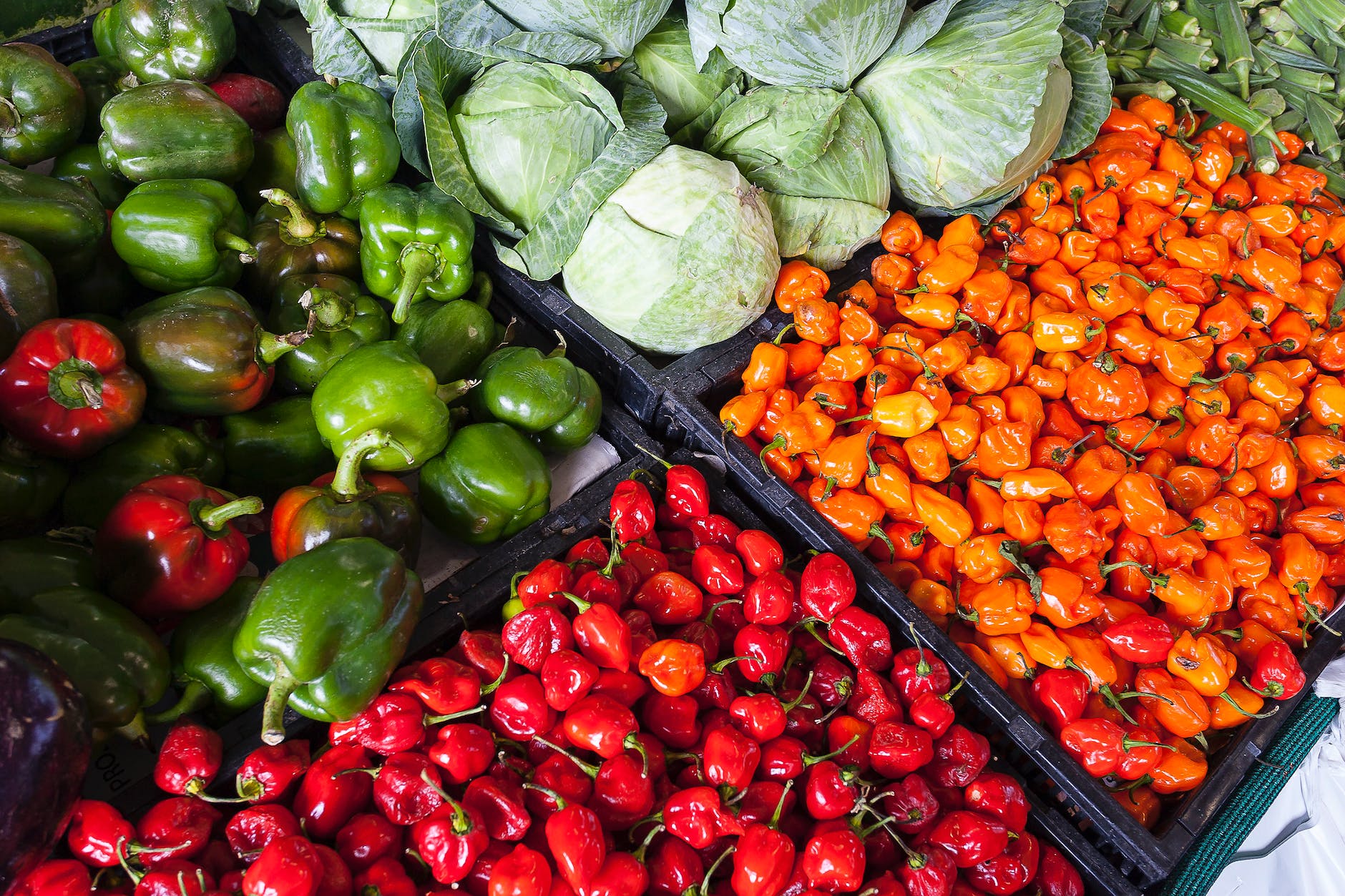
Introduction:
Cabbage is a versatile and nutrient-dense vegetable that has become a staple in the keto kitchen. Not only is it low in carbohydrates and calories, but it also offers a plethora of health benefits. In this post, we’ll delve into the nutritional value of cabbage, its remarkable health benefits, and provide tips on incorporating it into your keto meal plan. Get ready to discover why cabbage deserves a prominent place in your keto culinary repertoire! 🥬🍽️
Nutritional Value of Cabbage:
Cabbage is not only low in carbohydrates but also rich in essential vitamins, minerals, and antioxidants. Let’s explore the nutritional breakdown of cabbage per 100 grams:
- Calories: 25
- Carbohydrates: 5.8 grams
- Fiber: 2.5 grams
- Protein: 1.3 grams
- Fat: 0.1 grams
- Vitamin C: 36.6 milligrams (61% of the daily recommended intake)
- Vitamin K: 76 micrograms (95% of the daily recommended intake)
- Folate: 43 micrograms (11% of the daily recommended intake)
- Calcium: 40 milligrams (4% of the daily recommended intake)
- Potassium: 170 milligrams (5% of the daily recommended intake)
Health Benefits of Cabbage:
- Rich in Antioxidants: Cabbage boasts an impressive array of antioxidants, including vitamin C and various phytonutrients. These antioxidants help combat oxidative stress and inflammation in the body, reducing the risk of chronic diseases and promoting overall well-being. 🌟🔥
- Supports Digestive Health: With its notable fiber content, cabbage supports a healthy digestive system. The fiber aids in maintaining regular bowel movements, promotes satiety, and assists in weight management. Additionally, cabbage contains sulfur compounds that may promote gut health and reduce the risk of certain digestive disorders. 🌱💪
- Anti-Inflammatory Properties: Cabbage contains compounds, such as sulforaphane and anthocyanins, known for their anti-inflammatory properties. These compounds help mitigate inflammation in the body, potentially reducing the risk of chronic conditions like arthritis, heart disease, and certain cancers. 🌿🌺
- Heart-Healthy Nutrients: Cabbage is an excellent source of potassium, a mineral crucial for maintaining healthy blood pressure levels. Additionally, the presence of anthocyanins in red cabbage may contribute to a lower risk of cardiovascular diseases. By incorporating cabbage into your keto diet, you can support your heart health and overall cardiovascular well-being. ❤️🫀
- Weight Management Support: As a low-calorie and low-carb vegetable, cabbage is a valuable addition to a keto diet focused on weight management. The high fiber content promotes satiety, helping you feel fuller for longer periods and potentially reducing overall calorie intake. Cabbage’s hydrating properties and abundance of nutrients make it an ideal choice for those striving to shed pounds while maintaining a nutritious and satisfying eating plan. 🌿⚖️
Incorporating Cabbage into Your Keto Meal Plan:
- Cabbage Stir-Fry: Sauté shredded cabbage with garlic, ginger, and your choice of protein in a keto-friendly oil, such as avocado or coconut oil. Add additional low-carb vegetables like bell peppers, mushrooms, or broccoli for extra flavor and nutrients. Serve it as a side dish or pair it with your preferred keto protein source for a well-rounded meal. 🍲🥦
- Cabbage Wraps: Use cabbage leaves as a replacement for tortillas or bread when creating keto-friendly wraps. Fill the cabbage leaves with grilled chicken, avocado, bacon, and a keto-friendly sauce for a satisfying and low-carb meal option. These wraps are not only delicious but also provide an extra crunch and freshness to your culinary experience. 🌯🥬
- Cabbage Slaw: Create a refreshing and tangy cabbage slaw by combining shredded cabbage with a keto-friendly dressing made from olive oil, vinegar (such as apple cider vinegar or white wine vinegar), lemon juice, and spices like black pepper and sea salt. Add in some chopped herbs like cilantro or parsley to enhance the flavor profile. This slaw pairs well with grilled meats or fish. 🥗🍋
- Stuffed Cabbage Rolls: Prepare flavorful and keto-friendly stuffed cabbage rolls by blanching cabbage leaves and then filling them with a mixture of seasoned ground meat, cauliflower rice, and diced vegetables. Bake the rolls in a keto-friendly tomato sauce for a comforting and satisfying meal that captures the essence of home-cooked goodness. 🌮🍅
- Cabbage Soup: Craft a nourishing and comforting cabbage soup by combining broth, cabbage, low-carb vegetables like carrots and celery, and aromatic herbs and spices. Simmer the ingredients together until the flavors meld, creating a delightful and wholesome soup that is perfect for colder days or as a light meal option. 🍵🥕
Conclusion:
Cabbage’s impressive nutritional value and numerous health benefits make it an invaluable addition to the keto kitchen. Incorporating cabbage into your keto meal plan not only provides essential nutrients but also contributes to overall well-being and supports your weight management goals. From stir-fries and wraps to slaws and soups, there are endless possibilities to explore with cabbage. So, embrace the versatility and healthful properties of cabbage and elevate your keto culinary journey to new heights! 🥬🌟









